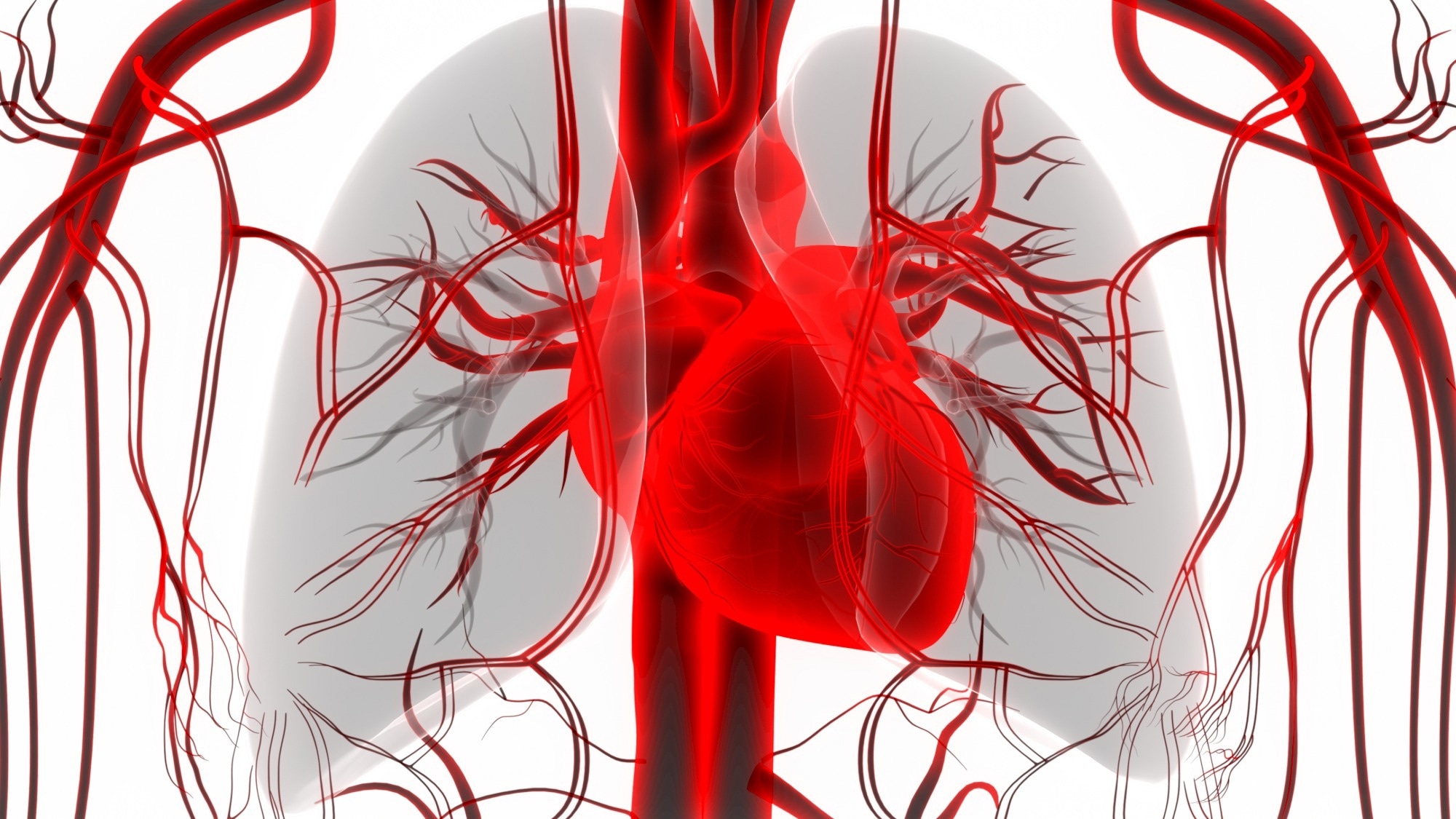As we age, there are steps we can take to support brain health and lower the risk of dementia. A neurologist has shared six easy ways to give your brain a boost this summer
Just as we maintain other areas of our health, there are measures we can take to nurture brain health and reduce dementia risk as we age, an expert has explained.
Researchers are finding out new signs of developing dementia every day.
Professor Jonathan Schott, a neurology expert at UCL and the chief medical officer at Alzheimer’s Research UK, has shared six simple tips for enhancing your brain power this summer.
They are currently an estimated 7.2 million Americans age 65 and older are living with dementia in the US. Challenging the common misconception that labels dementia as a single disease; it is, in actuality, an umbrella for a range of symptoms.
READ MORE: Joe Biden symptoms explained after ‘small nodule’ is found on his prostateREAD MORE: Little-known ‘hangover’ may be why you ‘feel off’ – it’s not about alcohol
Learn a new skill (that you enjoy).
“Keep your brain active by doing the things that you enjoy doing,” Schott advises. “I’ve previously said, ‘If you hate Sudoku, don’t do Sudoku’ as you’re not going to stick with it.”
He stresses the importance of engaging in activities that keep you interested and mentally stimulated, reports Surrey Live.
“For some people, that’s reading a book, for others it will be playing chess or learning a new skill like crochet,” Schott points out.
The act of learning something new or improving an existing skill is key to keeping the brain agile, the professor of neurology explains.
“What we think is, when you learn new skills, those areas [in the brain] get connected better together and the connections get stronger – that’s why when you repeat a skill over and over and over again then that movement becomes more automatic,” Schott elaborates. “And we think that it probably makes the brain a bit more resilient.”
Do something active every day.
“I think exercising is the single best thing that we can do,” Schott declares. “We talk at Alzheimer’s Research UK about what’s good for your heart is good for your brain, and that’s because lots of the risk factors for your heart are also risk factors for brain diseases as well.
“Exercise can lower your blood pressure, can lower your cholesterol, can take your weight down and gives you a sense of wellbeing.
“Ideally, you want to be doing a little bit of exercise every day and want to be doing something that gets your heart rate substantially elevated for at least 20 minutes three or four times a week.”
Emerging research indicates that exercise might mitigate some of the brain effects linked to the causes of dementia.
“The mechanisms aren’t entirely clear, but it’s likely that the chemicals that get released from the muscles get into the brain and may actually alter this,” he continues.
Go on regular walks.
“What’s really interesting is that it does not need to be hugely vigorous exercise,” notes Schott. “We’re not talking about running marathons, we’re talking about walking every day or walking up the stairs rather than taking a lift.
“Some of the research that we’ve done suggests that it’s actually relatively small but sustained amount of activity throughout your life, that may be the most beneficial.”
Walking alongside others not only gets the heart pumping but also comes with additional social perks, and this summer, Alzheimer’s Research UK is inviting folks to take part in a smorgasbord of Walk For A Cure events across the UK – from cozy, inclusive 5km strolls suited for families to more robust 42km treks.
Stay connected.
Some research even hints at social seclusion boosting the odds of dementia, making it all the more crucial to stay intertwined with fellow humans to bolster brain vitality.
“Do things that you really enjoy doing yourself, but also with other people,” Schott encourages. “Staying connected helps you keep in touch with people, you get feedback on people and you can also compare how your brain performance is to other people’s.
“When I have someone who says to me, I’m a bit worried about my memory, my immediate thought is to say what’s your memory like compared to those people you hang out with?”.
Get your blood pressure checked.
“Keeping an eye on your blood pressure is really important,” Schott emphasizes. “We and others have found that it’s your blood pressure in your 30s and your 40s which actually may have the most impact on your brain health.”
He goes on to clarify that tracking blood pressure takes precedence because dementia typically arises from two principal culprits: neurogenerative diseases and cerebrovascular disease—the latter entailing harm to the brain’s blood vessels.
“By reducing the blood pressure, we think we’re probably putting less strain on the blood vessels in the brain, which makes them more robust and less likely to get clogged or less likely to burst,” he explains.



